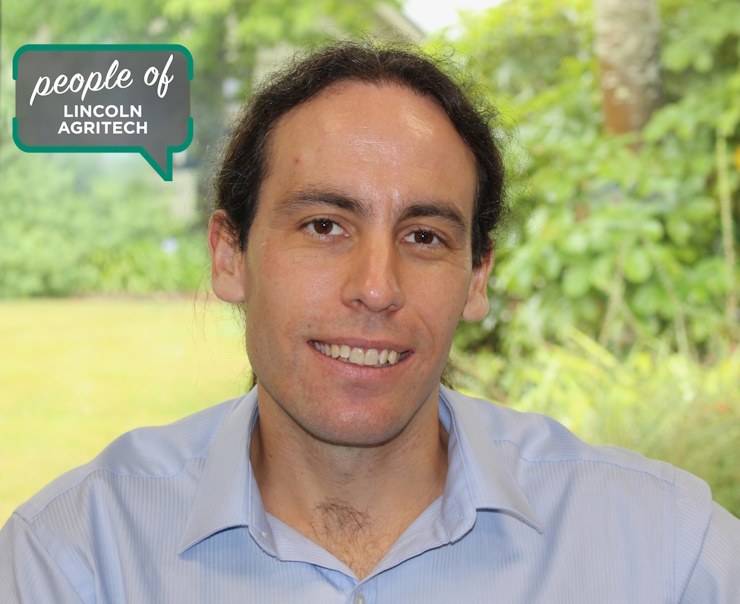Joseph Nelson
Joseph Nelson (Ngāti Tūwharetoa, Ngāti Raukawa) was set on the path to becoming a Research Scientist by a particularly passionate, inspiring physics teacher.

I had a really inspiring physics teacher – the kind who is really passionate about their subject. But I think the appeal of physics is that it seeks to describe the world in terms of ‘laws’ or rules that are as universal as possible – in other words, that all behaviour in the physical world could be derived from just a few equations or general principles. I also really enjoyed mathematics at school, which seems to be the language in which nearly all physics is expressed.
There is a significant amount of physics involved in the work we do. Describing how microwaves propagate – through air, down a waveguide or through matter – is all physics. Turning microwave signals into something useful – like data, or an image – is again physics.
What does your job involve?
Our team develops microwave-based devices for detectors and sensors, which are used in a pretty diverse range of situations: detecting agricultural yields, measuring sea-ice thicknesses, and medical imaging. This work involves simulation: using computer-based modelling to inform and design sensor components, as well as prototyping and testing designs in the lab.
Telling people about what we do is also an important component of the job, which we normally do through journal articles and conferences. A big part of my current role is in Lincoln Agritech’s Medical Imaging Scanner project. This research aims to use metamaterials, which are materials that can bend microwaves in an unconventional way, to create a new microwave-based medical imaging device.
I mostly just describe my role to family in quite a general sense – as a physicist/scientist: making hypotheses, testing them rigorously in the lab, reporting results. But it depends a little on who I’m talking to. My parents, for example, both work in medicine – so when explaining my work on the Medical Imaging Scanner project to them, it’s quite easy to be specific about the sorts of images and medical conditions we’re aiming to target with the scanner.
What do you enjoy about it?
I like the exploratory aspect of what we do in scientific research. A lot of our work is inherently novel and unknown – we can make reasonable predictions, however we don’t know the exact answer in advance. That means exploring, trying new things out, and finding new directions. Not everything always goes to plan (but it is great when it does!) and it is always exciting discovering something new.
I’m motivated by exploring and trying new things – which is one of the reasons why my job is a good fit for me! But this is also true outside of work. For example, I enjoy the outdoors, which normally means going new places and exploring areas that are remote and unfrequented.
Going somewhere new was also one of the best things to happen to me professionally. I went to the University of Cambridge, England, on a scholarship with the Cambridge Commonwealth Trust. I learned a great deal while there, had the opportunity to live overseas in another country, and made connections which have been helpful for my career.
If you could change one thing about the world, what would it be?
I’d like to see far more co-operation between countries in key areas that affect quality of life – this includes large parts of science, technology and access to medicines. I think humanity faces challenges in the future, which we will be able to overcome – but we’ll need to do so collaboratively.


